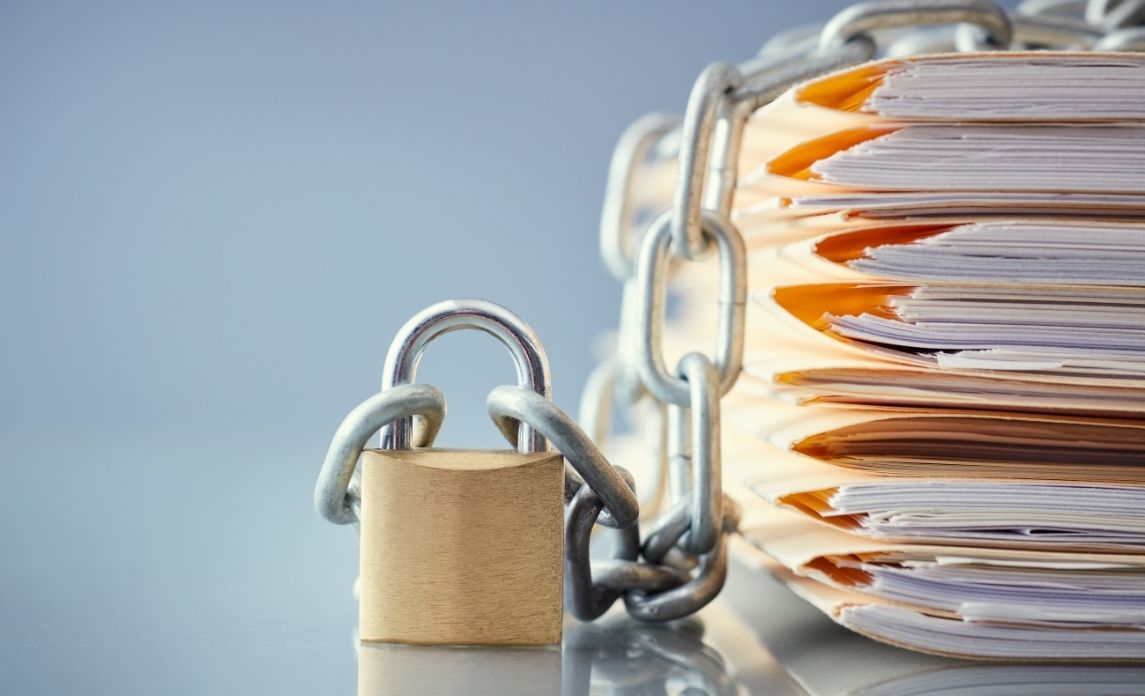Keeping a legal or accounting office clean and organised is paramount to business success. These professions deal with huge volumes of paperwork, and one misplaced document can mean the difference between productivity and inefficiency.
This means that cleaning a legal or accounting office needs to be treated just a tiny bit differently. Here are some tips to make the task more manageable and systematic:
Implement a Clean Desk Policy
Having orderly desks is an important component of maintaining office cleanliness, no matter the industry and nature of business. However, for law and accounting offices, keeping desks free from stray files is essential.
Remember that legal and financial documents are often confidential. Thus, leaving them lying around is bad for business. Guests and cleaning staff may inadvertently catch a glance at certain details that should be kept private.
Thus, it’s best to implement a clean desk policy at all times. Don’t allow work-related documents to be placed in easily accessible or common-use areas and lock up anything that needs to be extra-secure. Computers should be protected by passwords and/or biometric signatures and should be shut down at the end of the workday.
If there’s a cleaning schedule coming up, be stricter in implementing this rule.
Work With a Reliable Cleaning Company
It has to be said that when it comes to actual cleaning, there really isn’t an actual difference between law or accounting offices and other places of business. You still have to clean floors, vacuum carpets, wipe windows, scrub toilets, and the like.
That said, the commercial cleaning company you choose matters a lot. In particular, you need people who follow strict safety and security protocols. Find professional office cleaners with a police-vetted team, ID badges, and official uniforms for your peace of mind.
Being nitpicky with the commercial cleaners you work with will help ensure not just the security of your legal and financial documents, but also the security of the entire office in general.
Dispose of Old Documents Responsibly
When you hire a commercial cleaning company, they will usually handle trash segregation and disposal. However, despite your cleaner’s excellent credentials and a good track record, it’s still best to have your own people to take care of shredding official paperwork. This will further minimise the risk of any confidential information getting leaked.
For documents that don’t need shredding, make sure to separate what you can. Most recyclers would appreciate receiving properly sorted items. Aside from shredded ledger paper, some of the most common types of recyclable paper you might find in your law or accounting office:
White paper.
These are either hard, uncoated, or soft, uncoated wood-free white paper, including envelopes.
Office paper.
High-quality mixed paper, including 60% white or lightly tinted paper and 20% newspaper or magazine paper. Other forms of paper, such as envelopes and writing pads, are also considered office paper.
Mixed paper.
This covers a wide umbrella, but in general, mixed paper is post-consumer waste from schools, offices, and printing companies.
Many of these papers will be recycled into cards, newspapers, and magazines.
Involve the Whole Team
Keeping a law or accounting office clean and organised requires the involvement of the entire team. Again, you’re dealing with large amounts of paperwork. If even a couple of people are lax in their desk and file management, things will quickly get out of hand.
Instill a culture of cleanliness in your team, so it’s easier for everyone to do their jobs. This should apply not only to the main business areas but also to all parts of the office.
Reduce Paper Usage
As previously mentioned, those in the legal and accounting professions have to handle a lot of forms, files, and various types of documents. However, this doesn’t mean that everything has to be printed into hard copies. There are times when this is absolutely necessary, but there are even more instances when printing is not needed.
Fortunately, there are a lot of technological solutions to reduce your need for paper. These include billing software, case file managers, and file-sharing software. There are also applications for paperless depositions.
When you minimise your paper usage, you can save a lot of time and money. It also helps you improve storage efficiency and, more importantly, reduce your carbon footprint.
Prepare a Cleaning Checklist
Last but certainly not least, cleaning your legal or accounting office will be so much easier with a cleaning checklist. This is helpful for both your people and the cleaning staff, especially if there are certain things that need extra attention. For example, legal offices usually take a lot of calls. Thus, the telephone receivers should be disinfected more thoroughly.
Particular instructions should also be noted in detail; it’s more effective to communicate these in person, but listing them down can help prevent any confusion. If you don’t want a certain piece of furniture moved or if there are any appliances or gadgets that require special cleaning, make sure to notify the cleaning company beforehand.
Ultimately, keeping a legal or accounting office clean benefits both the business and its clients. With a spick-and-span workplace, you can work more efficiently, ensure confidentiality, and protect your company’s reputation.


